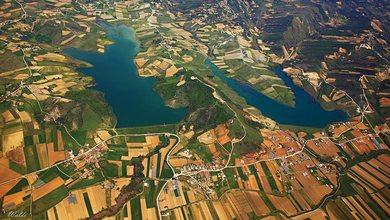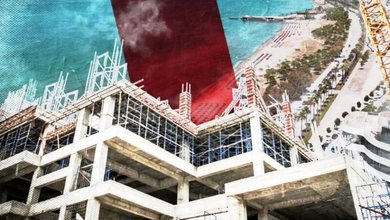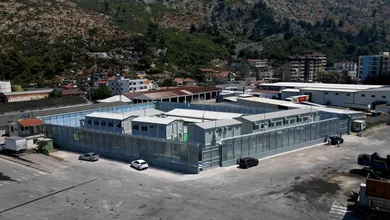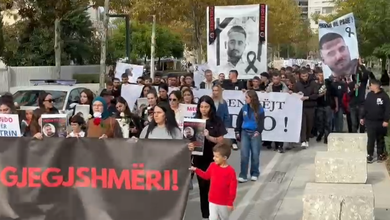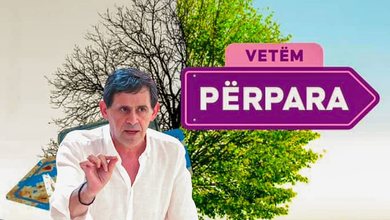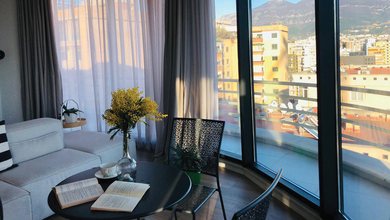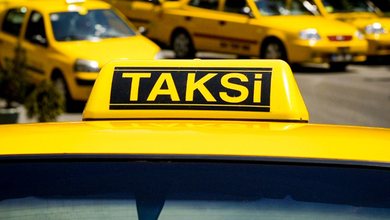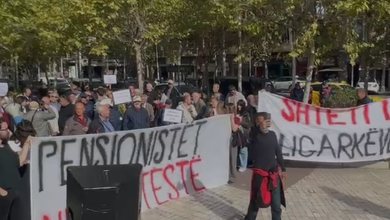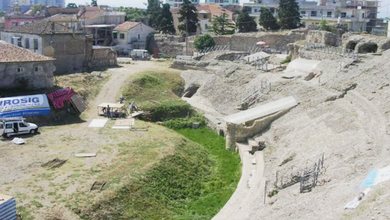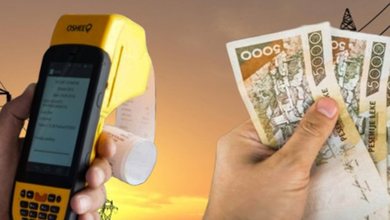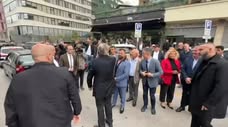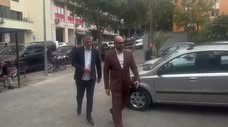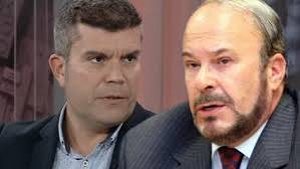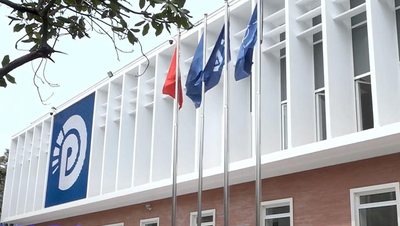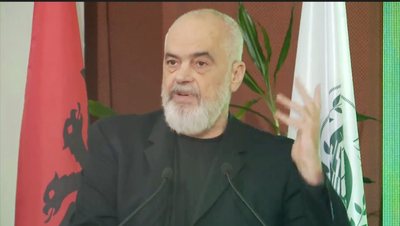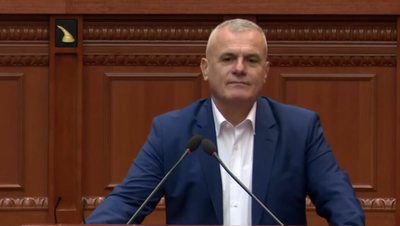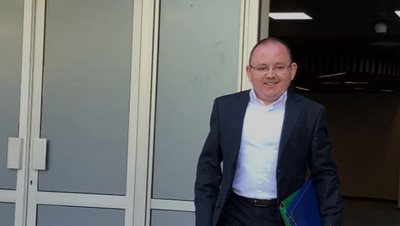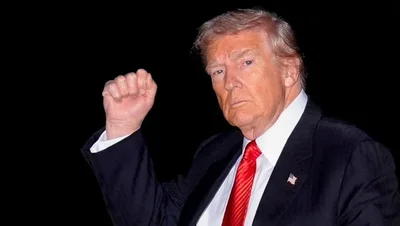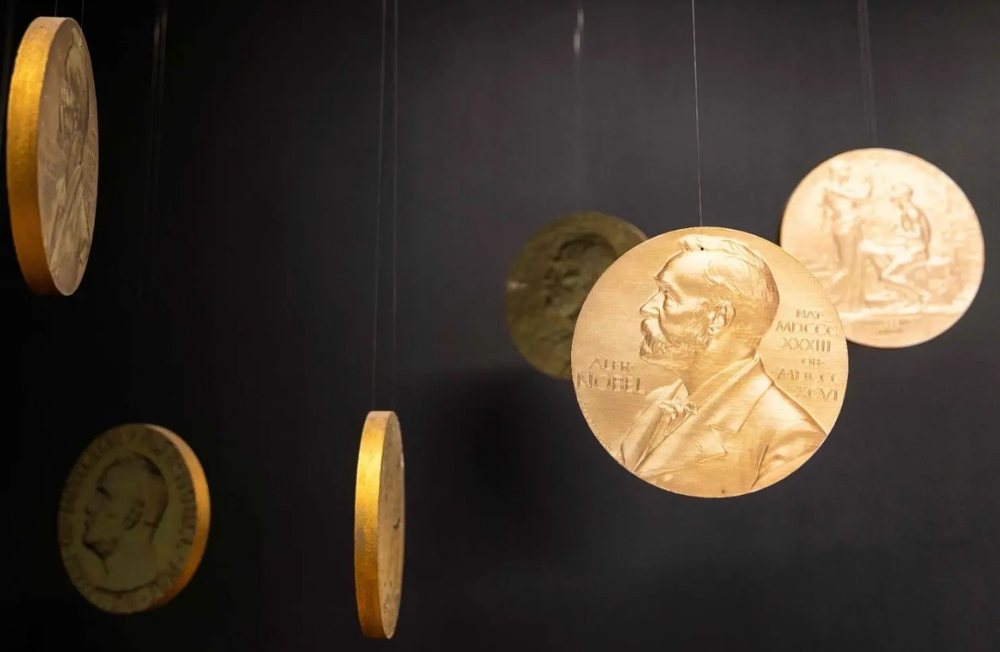
Monitor Editorial / This year's Nobel Prize in Economics brought back to the center of the debate one of the strongest messages of the decade: there is no economic development without innovation.
The recent winners, who have studied the relationship between technological progress and sustainable growth, emphasize that the most valuable capital of any country is no longer land, industry or natural resources, but the capacity to create, invent and adapt innovations.
Essentially, they argue that investment in research, development, and technology is not a luxury for small economies, but a necessity for survival in the new era of global competition.
If these lessons are translated into Albanian reality, the message becomes even more urgent. Albania is entering a new economic and institutional phase, where the process of European integration is demanding from businesses and the state a profound reformatting of the way they function.
The Albanian economy can no longer rely solely on free labor or on exports of raw natural products and those with low added value, but must move towards technological modernization and full digitalization of processes.
It is true that the Government is trying to be innovative through the digital minister's project "Diella", which attracted the attention of all foreign media, but this is not enough and if it remains alone, it risks turning into the next advertisement.
Albania has a lot to do in terms of digital identity, the cashless economy, the modernization of online public services, and endless others.
These are steps that are in line with global trends and can pave the way for a more transparent, efficient and competitive economy. But at the same time, it is clear that digitalization alone is not enough if businesses do not change their internal structure and the way they operate.
"Monitor" has addressed the challenges of EU integration, where business leaders and chambers of commerce warn that this process will have significant costs for enterprises, especially manufacturing ones, risking a negative effect, especially in the first years.
To meet European standards, companies will need to replace technology, install new production systems, obtain international certifications and train personnel, at a cost that could reach from 200 to 700 thousand euros for a medium-sized business.
These are forced investments, because the integration process implies open competition with the EU market and the elimination of any advantage that is not based on efficiency or quality.
In this sense, the Nobel lecture is the same as the recommendation that emerges from the Albanian reality: technological modernization is no longer a choice, but an obligation. Any delay in this direction means loss of market, productivity, and investment.
As experts from the American Chamber of Commerce and the Chamber of Commerce emphasize, to remain competitive, Albanian enterprises must embrace automation, innovation, and digitalization as integral parts of their growth strategy.
Education remains a key factor in driving this trend. The country is fortunate that a large number of Albanians have received qualifications from some of the best schools in the world.
And the objective of the country's leadership is to find ways to make the country attractive to this large and valuable contingent of human capital. If they had an attractive alternative, their return to their homeland would perhaps constitute the best and greatest investment for Albania's future.
Such a phenomenon occurred on a large scale in China, with those who were educated abroad, mainly in America, and did not occur with African countries, making a difference in the development of the continent, as long as they leave for studies but do not return. The examples are, we only have to choose.
Albania is at a crossroads where economic development and European integration cannot proceed without the foundation that technology provides. The lesson of this year's Nobel Prize is clear: nations that invest in innovation build long-term wealth; those that lag behind pay the cost of staying put.
And for Albania, this is the time to move from sporadic experiments towards a sustainable economic vision that sees innovation not as a slogan, but as a national strategy.


